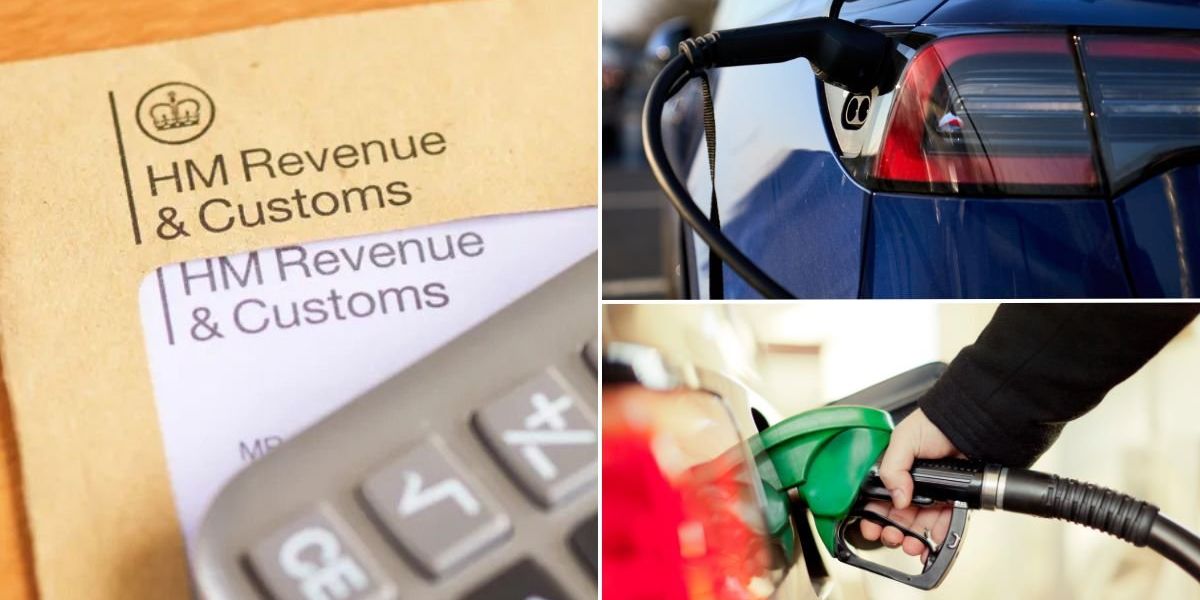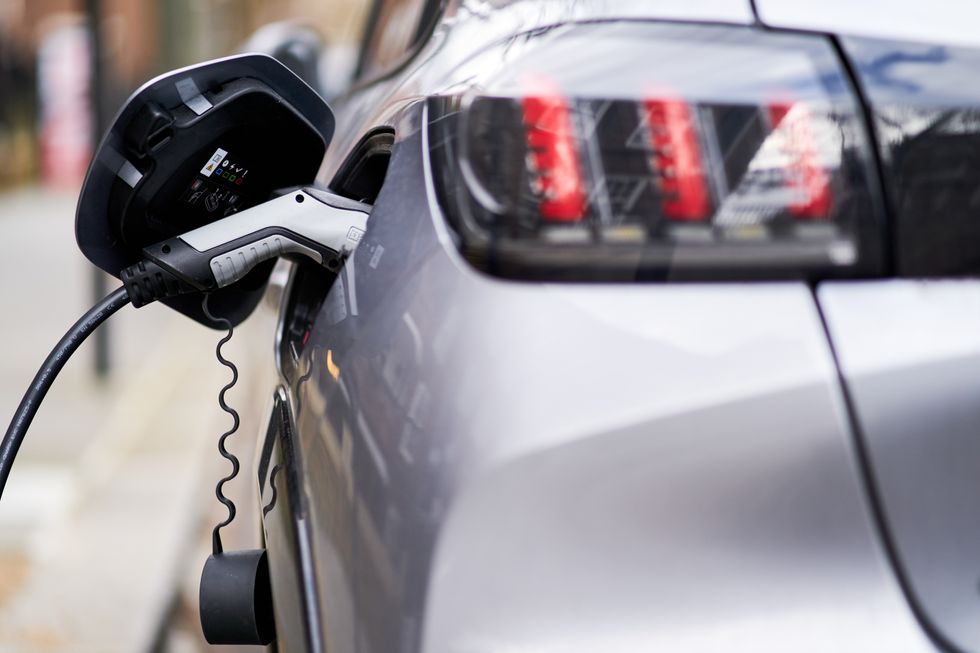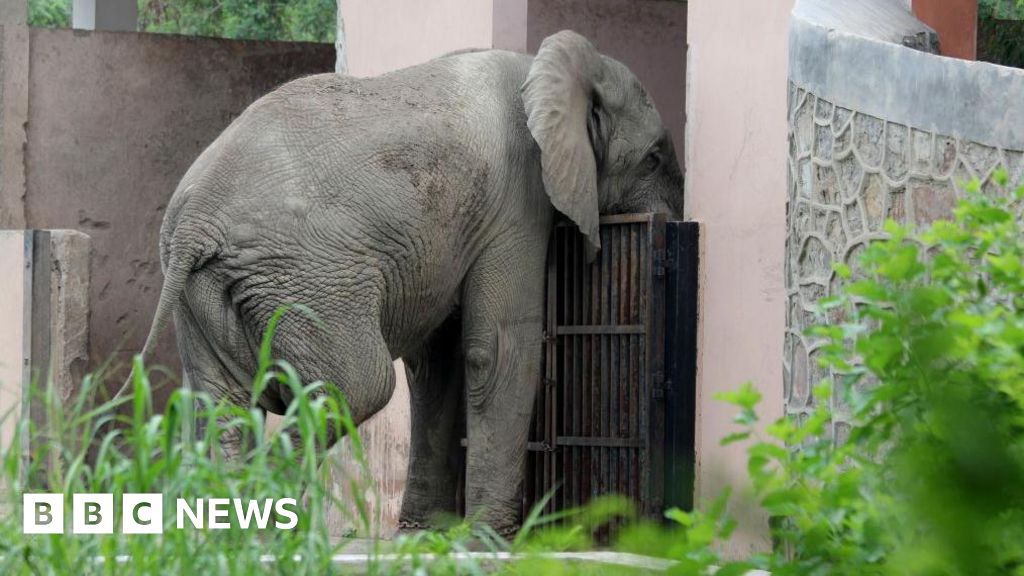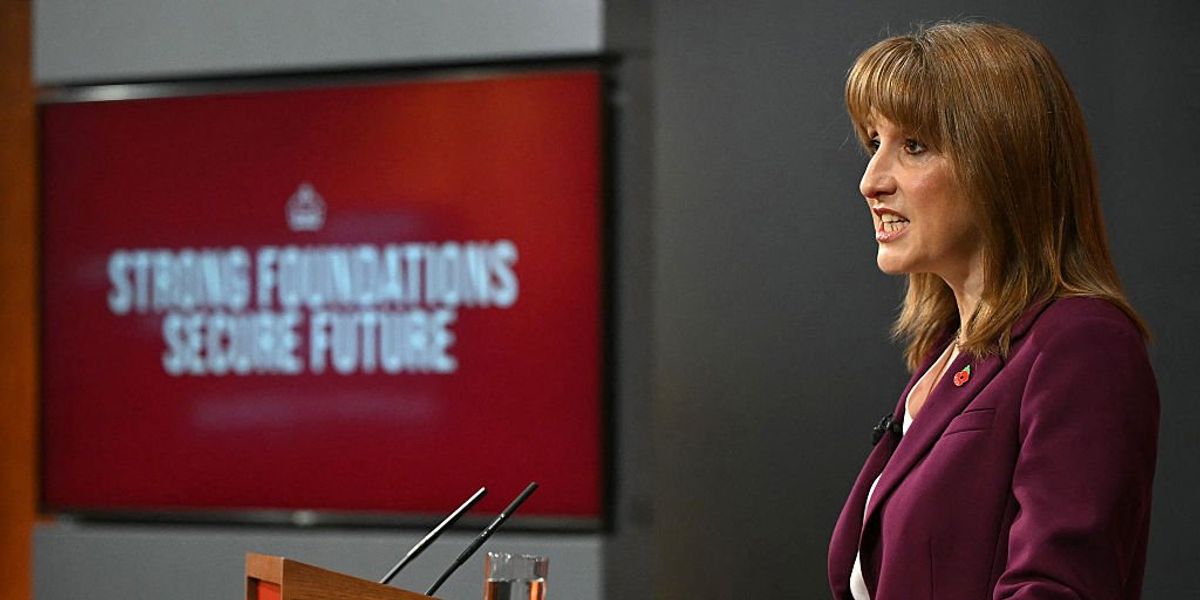HMRC urged to make cost changes impacting petrol, diesel and electric cars as drivers face ‘nightmare’

Industry specialists are urging the Government to provide enhanced clarity on electric car mileage reimbursement procedures, ahead of fresh changes in December.
Experts have cautioned that HMRC’s recently implemented dual-rate structure fails to address the vast charging cost disparities drivers face.
The quarterly approved per-mile rates have historically offered three tiers for petrol and diesel vehicles based on engine size, while EVs received a single Advisory Electric Rate since 2018.
In September, a higher rate for public charging was introduced, followed by October guidance attempted to address criticisms about inadequate cost coverage.
However, specialists warn that the price differential between charging options can reach fifty-fold, with drivers potentially paying significantly more on premium public networks compared to economical home electricity tariffs.
The Revenue introduced separate rates for home and public charging from September 1, establishing an 8p per mile rate for domestic charging and 14p for public networks.
Guidance released on October 6 instructed employers to determine what proportion of business journeys utilised energy from each charging source, then reimburse drivers accordingly at the appropriate rate.
Tim Rowlands, managing director of global EV solutions at expenses specialist Corpay, acknowledged the dual-rate approach represented progress but highlighted that public charging costs vary dramatically.
Experts are calling on the HMRC to clarify how companies can avoid being overcharged
|
GETTY/PA
He told Autocar: “Electricity pricing is volatile and far more dependent on individual behaviour than petrol or diesel. Even with two tiers, a flat rate is still unsophisticated.
“It doesn’t account for the wide range of tariffs or real-world charging behaviour, which means it can feel unfair without solid data to back up how it’s applied.”
Corpay’s research revealed stark financial disparities under the current system, with an executive-class electric vehicle costing approximately £500 to charge at home using off-peak tariffs over 20,000 miles.
Yet employers following HMRC rates would reimburse £1,600 for the same distance, creating a significant overpayment.

HMRC introduced the new EV charging measures in September
| PA
Conversely, exclusive public charging for identical mileage would cost drivers £4,320, while the approved 14p rate would return just £2,800, leaving a £1,520 shortfall.
These calculations demonstrate how flat-rate reimbursements struggle to accommodate electricity pricing variations.
Rowlands noted that numerous Corpay clients are developing their own reimbursement structures, seeking comprehensive data to justify rates to both drivers and finance departments.
“A lot of fleets are trying to avoid turning this into an admin nightmare,” he said.
While companies can establish their own per-mile rates, Deloitte UK’s automotive tax director, Simon Down, issued a warning.
He cautioned that employers must demonstrate these payments don’t constitute additional income or result in drivers subsidising company profits.
Mr Doan said: “Employers will need evidence to prove the expense payments made do not exceed the cost incurred by employees.
“This will need proof of electricity spend from all charging locations, as well as records of business and private mileage to calculate and evidence the costs for business journeys.”
Recent Top Stories
Sorry, we couldn't find any posts. Please try a different search.











